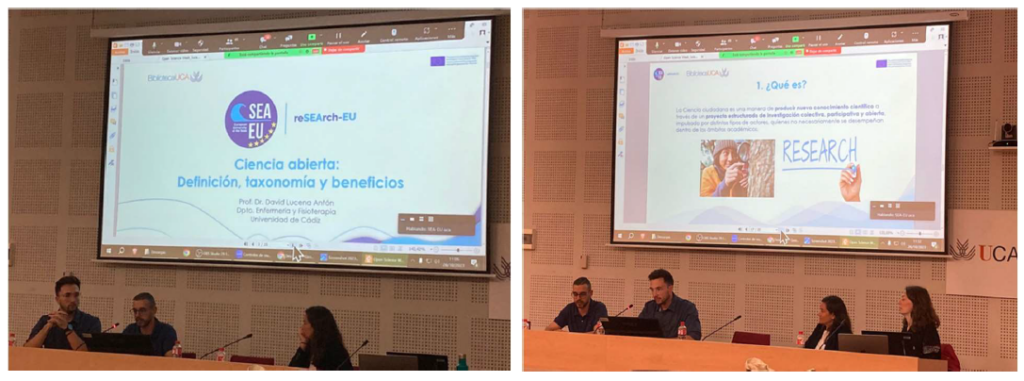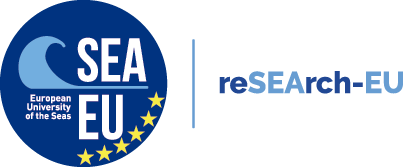Introduction to the Open Science

1) David Lucena made the presentation entitled ‘Open Science: Definition, Taxonomy, and
Benefits.’
David Lucena, a professor at the University of Cadiz working in the field of Open Science
activities, emphasized the significance of this work. He highlighted the beneficial aspects of Open
Science and addressed the challenges associated with incorporating a larger number of researchers.
While Open Science offers numerous advantages, it is not without its drawbacks, such as concerns
related to data privacy, intellectual property, and the need for fair recognition and rewards for
researchers. Nevertheless, Open Science is gaining popularity as a significant and revolutionary
method for conducting and disseminating scientific research.
2) José Antonio Moral made a presentation on ’Link between Open Science and Citizen
Science.’
During the session, Jose Antonio Moral introduced the concepts of Open Science and Citizen
Science. He also delved into the benefits of adapting Open Science practices for the research
community, the public, and science. These practices promote greater transparency, encourage
reproducibility, and foster collaborations, ultimately raising the quality standards in science. On
the other hand, Citizen Science invites citizens to actively participate in the creation of knowledge,
facilitating the direct transfer of scientific insights to society.

